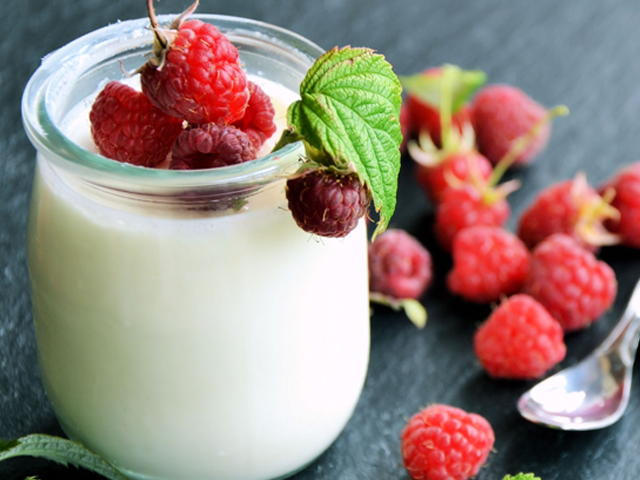In recent years, there has been an increasing interest in the role of gut health in overall well-being. From digestion to immunity and even mental health, the gut has been dubbed the “second brain” of the body. Within this fascinating realm of gut health, probiotics have emerged as a powerhouse, offering a wide array of benefits that go beyond just improving digestion. In this comprehensive guide, we will delve into the world of probiotics, unveiling their power and shedding light on their potential to transform our health.
Understanding Probiotics: The Microscopic Heroes
Probiotics, often referred to as “good bacteria,” are live microorganisms that provide health benefits when consumed in adequate amounts. These microorganisms primarily reside in our gut and play a crucial role in maintaining a balanced ecosystem within our digestive tract. They help to counterbalance harmful bacteria, aid in nutrient absorption, and contribute to a strong immune system. While they naturally occur in certain foods, such as yogurt, kefir, and fermented vegetables, probiotics are also available in the form of supplements.
The Gut-Body Connection: More Than Digestion
While the digestive benefits of probiotics are well-known, their influence extends far beyond our stomachs. Research has unveiled a profound connection between gut health and various aspects of our well-being. One remarkable finding is the gut-brain axis, a bidirectional communication system between the gut and the brain. This connection has sparked interest in the potential of probiotics to positively impact mental health conditions like anxiety, depression, and even stress.
Moreover, probiotics have been linked to improved immunity. A significant portion of our immune system resides in the gut, and probiotics play a pivotal role in supporting its function. These beneficial bacteria help regulate the immune response, keeping it balanced and effective. This means that by nurturing our gut health with probiotics, we can potentially enhance our body’s ability to fend off infections and diseases.
Types of Probiotics: Exploring Diversity
Not all probiotics are created equal. There are various strains of beneficial bacteria, each with its unique characteristics and benefits. Some of the most commonly studied probiotic strains include Lactobacillus acidophilus, Bifidobacterium bifidum, and Streptococcus thermophilus. Each of these strains contributes to different aspects of health, from promoting digestive comfort to supporting a strong immune system.
When choosing a probiotic supplement or incorporating probiotic-rich foods into your diet, it’s essential to consider the specific strains included and their intended benefits. Consulting a healthcare professional can help you make an informed decision based on your individual health needs.
Navigating the Probiotic Journey: Foods vs. Vitamins
Probiotics can be obtained from both foods and supplements, but which route is best? The answer depends on various factors, including dietary preferences, health goals, and individual tolerance. Probiotic-rich foods like yogurt, sauerkraut, kimchi, and kombucha offer a delicious and natural way to introduce beneficial bacteria into your system. These foods are not only rich in probiotics but also provide additional nutrients that contribute to overall health.
On the other hand, probiotic supplements can provide concentrated doses of specific strains, which might be particularly beneficial for those with specific health concerns. However, it’s crucial to exercise caution and choose high-quality supplements from reputable brands, as the effectiveness of probiotics can vary widely between products.

Cultivating a Probiotic-Friendly Lifestyle
Incorporating probiotics into your lifestyle goes hand in hand with adopting habits that support their growth and function. Prebiotics, for instance, are non-digestible fibers that serve as nourishment for probiotics. Foods like garlic, onions, bananas, and whole grains are rich in prebiotics, helping to create an environment where probiotics can thrive.
Furthermore, a balanced diet abundant in fruits, vegetables, and fiber supports gut health as a whole. Minimizing the consumption of processed foods, excessive sugar, and artificial additives can contribute to a more hospitable gut environment for gut probiotics.
Conclusion
The world of probiotics is a captivating one, with the potential to revolutionize our approach to health and well-being. From supporting digestion to influencing mental health and immunity, these microscopic heroes have proven their significance in numerous ways. Whether you choose to enjoy probiotics through food or supplements, nurturing your gut health will undoubtedly have a positive impact on your overall vitality. As research in this field continues to unfold, we are poised to unveil even more of the power that probiotics hold within our intricate biological system. So, embark on this probiotic journey, and let the transformation begin from the inside out.
